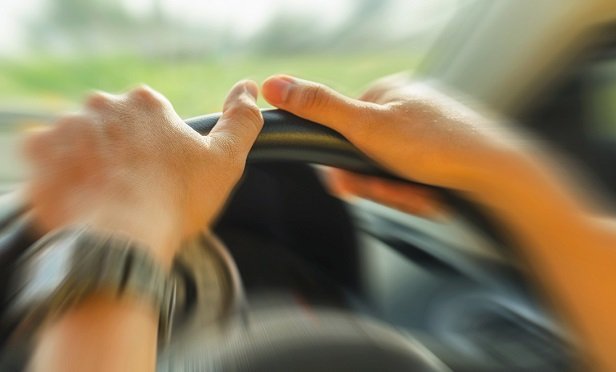 The likelihood of traffic fatalities could increase by as much as 12% after 4 p.m. on April 20th due to drivers operating vehicles while under the influence of cannabis in recognition of National Weed Day, or '4/20′. (Photo: Shutterstock)
The likelihood of traffic fatalities could increase by as much as 12% after 4 p.m. on April 20th due to drivers operating vehicles while under the influence of cannabis in recognition of National Weed Day, or '4/20′. (Photo: Shutterstock)
As the legalization of cannabis grows, the annual '4/20 stoner holiday' is celebrated with gusto by marijuana consumers nationwide.
Recommended For You
Want to continue reading?
Become a Free PropertyCasualty360 Digital Reader
Your access to unlimited PropertyCasualty360 content isn’t changing.
Once you are an ALM digital member, you’ll receive:
- Breaking insurance news and analysis, on-site and via our newsletters and custom alerts
- Weekly Insurance Speak podcast featuring exclusive interviews with industry leaders
- Educational webcasts, white papers, and ebooks from industry thought leaders
- Critical converage of the employee benefits and financial advisory markets on our other ALM sites, BenefitsPRO and ThinkAdvisor
Already have an account? Sign In Now

